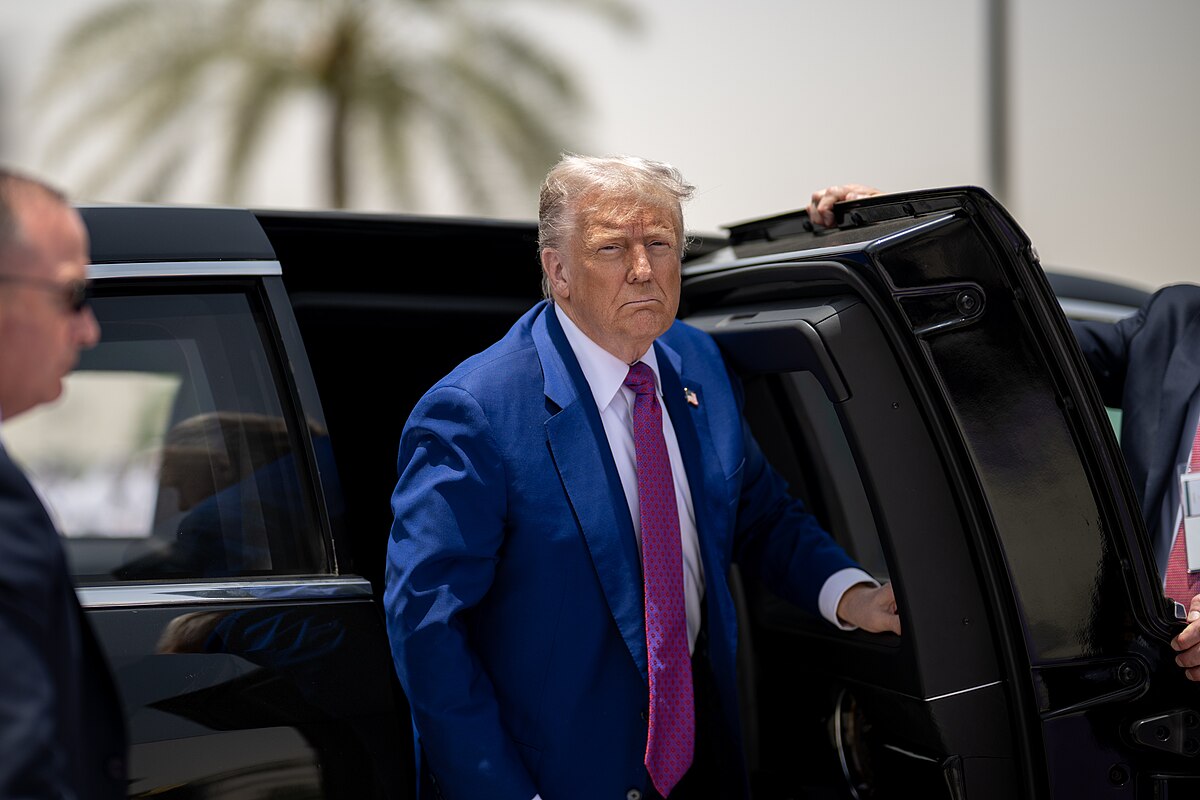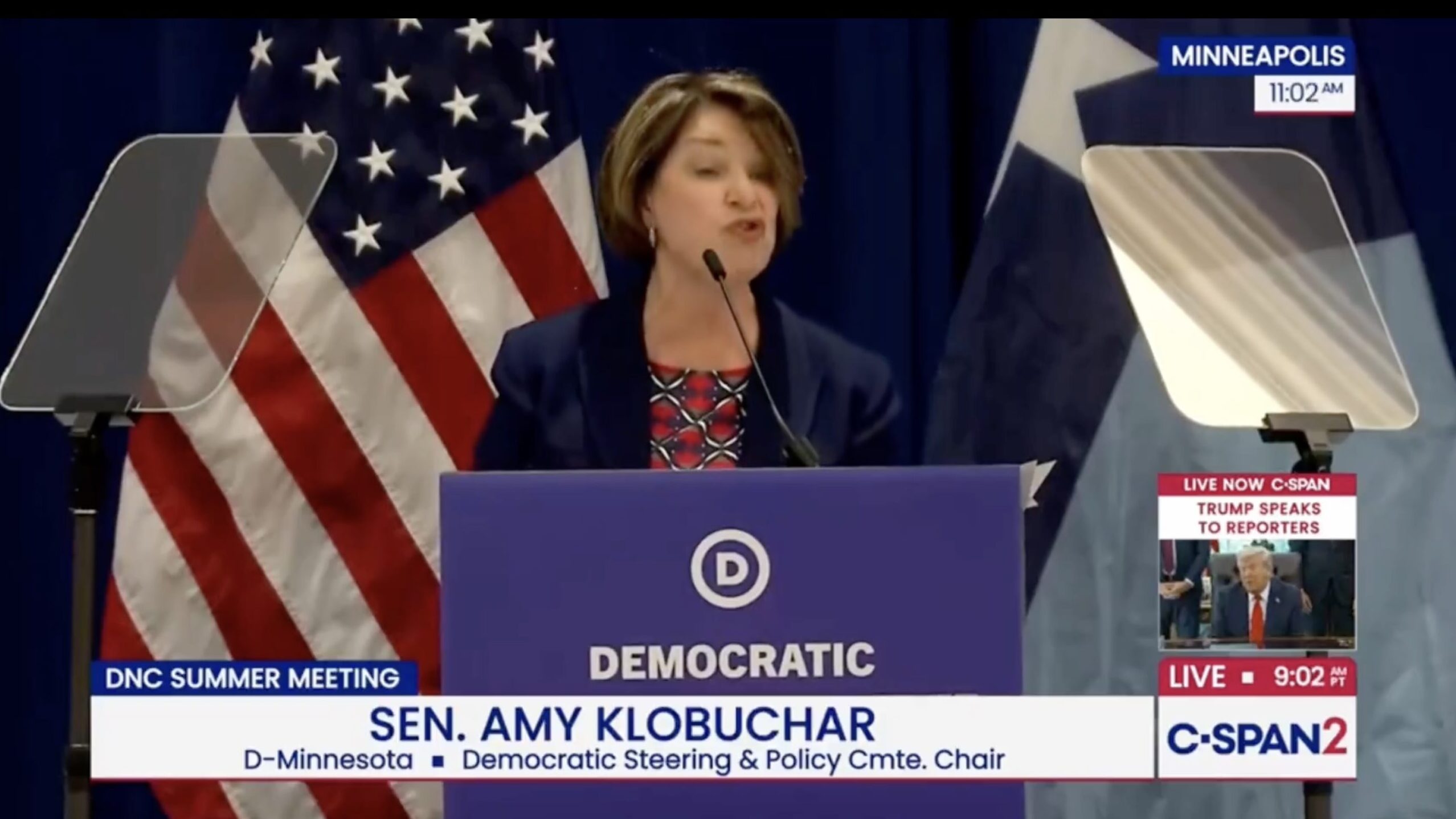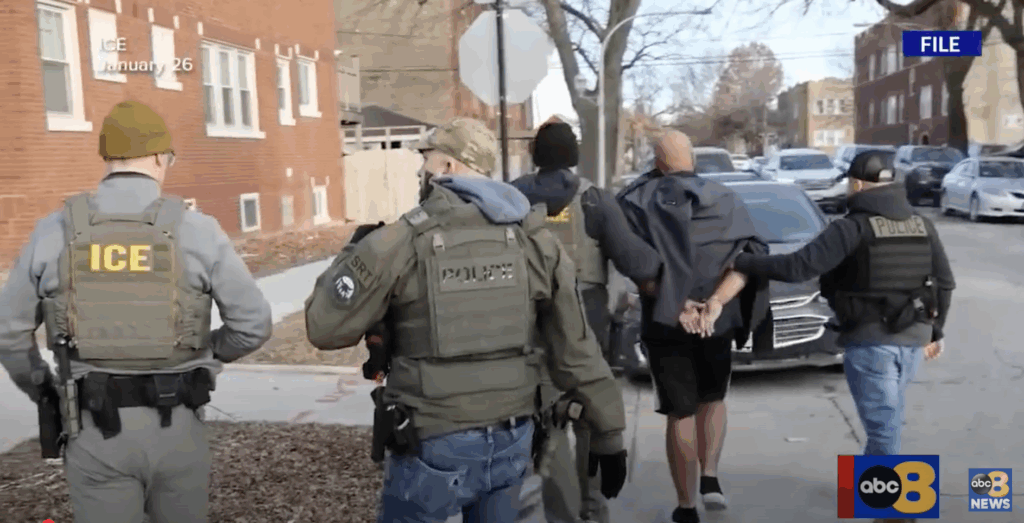President Trump and his administration are facing criticism for their plan to allow hundreds of thousands of Chinese nationals to continue studying at U.S. universities. The president has emphasized the importance of Chinese students in American higher education, claiming that excluding them would be detrimental to the U.S. college system.
During a cabinet meeting, Trump stated that it is “very insulting” to suggest that Chinese students should not be allowed to attend American colleges. He argued that these students contribute significantly to the academic landscape and that their absence would harm struggling institutions.
A White House official later clarified that Trump is not proposing an increase in student visas for Chinese nationals, but rather continuing existing policies. The official noted that the figure of 600,000 refers to two years’ worth of visas.
Critics argue that the admission of Chinese students poses significant risks to U.S. national security. In May, the State Department had indicated plans to enhance scrutiny of visa applications from China and Hong Kong, citing concerns over the Chinese Communist Party’s (CCP) potential exploitation of U.S. universities.
Tammy Bruce, a former agency spokeswoman, emphasized that the administration would not tolerate the CCP’s efforts to steal U.S. research or technology. Recent incidents have raised alarms, including the deportation of a Chinese national who was convicted of photographing military installations in Virginia while studying in the U.S.
Concerns have been raised about the implications of admitting large numbers of Chinese students, particularly in light of China’s national security laws, which compel citizens to assist in intelligence efforts. Critics argue that this creates a risk of coercion for Chinese students studying abroad.
As president, Trump is urged to prioritize American students and national security over foreign admissions. The ongoing debate reflects broader tensions regarding U.S.-China relations and the role of foreign nationals in American education.
READ Trump Administration Seeks Supreme Court Relief in USAID Funding Dispute



